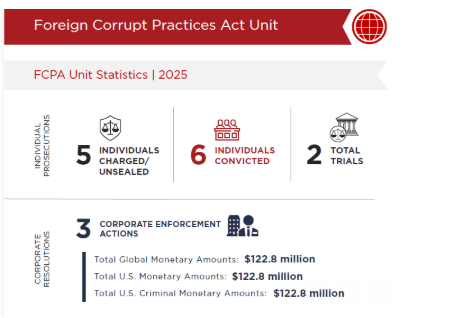A critical if little noticed meeting on the fight against corruption took place in Vienna the first week in September (here). The Implementation Review Group of the Conference of States Parties to the United Nations Convention Against Corruption, a committee of all 191 parties to the Convention with responsibility for ensuring each party complies with its terms, discussed proposals for strengthening enforcement.
The Convention is the single most important initiative ever taken to curb corruption. Each party pledges not only to make bribery, embezzlement, and other corrupt acts a crime under their domestic law but to actively enforce these laws. Full compliance by all state parties would turn corruption from a pressing national and international priority to a subject of mainly historical interest.
That corruption is not yet the province of historians is because responsibility for ensuring states fully comply with the Convention has been left to their governments. Initially, each government simply reported how well it was meeting its treaty obligations. The review mechanism was later enlarged to include a neighboring state and second from outside the region. The expanded review is a cooperative process with the reviewed government holding a veto over the reviewers’ conclusions.
The reviews produced some progress (here), often thanks to behind the scenes cajoling by the UNODC, which provides technical support to the reviews. It hardly needs saying, however, that leaving it to a government to judge whether it is vigorously combatting corruption means full compliance with UNCAC remains a chimera.
It is for this reason that the UNCAC Coalition, a global network of almost 400 civil society organizations in over 120 countries, has been laser focused on including citizens in the assessment process. Its latest effort: a statement from UN human rights experts it coordinated. Addressed to the Implementation Review Group, the experts urge UNCAC States Parties to protect and expand civic space in national and global anti-corruption fora and strengthen the inclusiveness and transparency of the UNCAC review mechanism.
The signatories, their statement, and additional information on the review mechanism are in this letter by UNCAC Coalition Managing Director Mathias Huter.
Continue reading →
